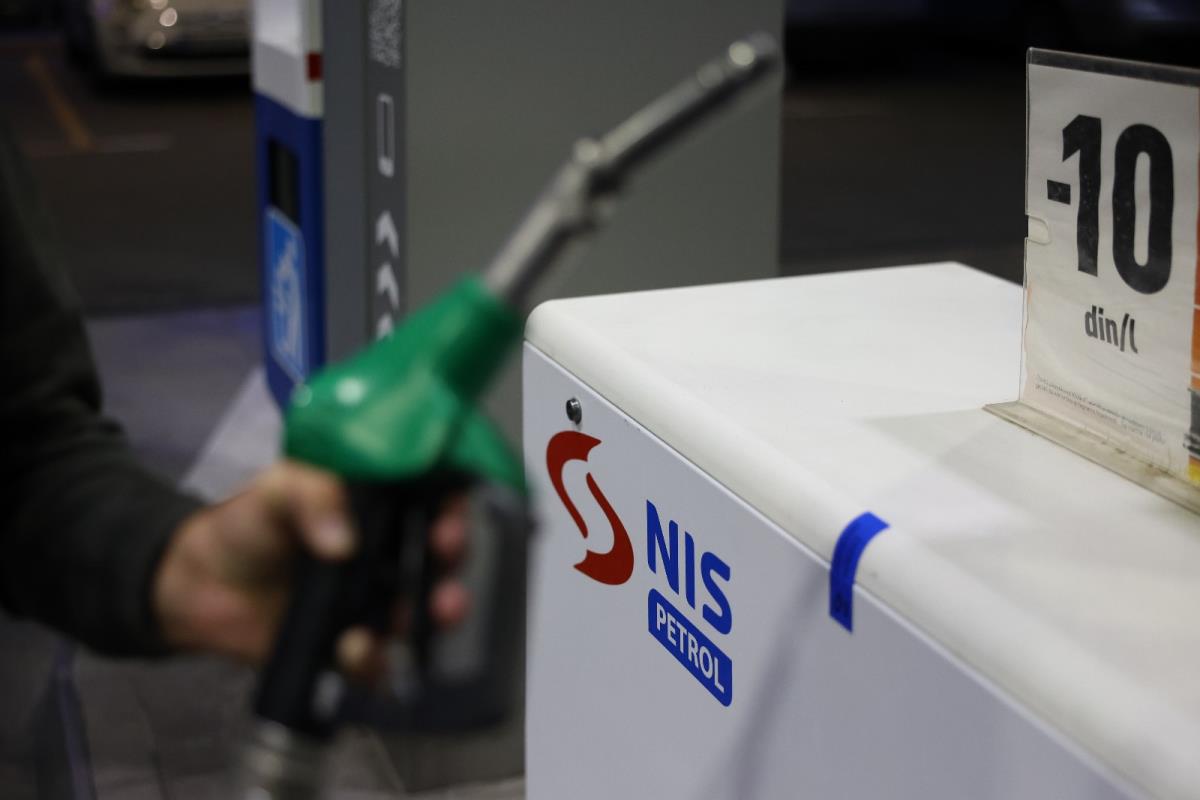Za ove poznavaoce bugarske politike, sankcija itd, kako će Putin da preleti do Madjarske?
Ići će kroz cevi
Za ove poznavaoce bugarske politike, sankcija itd, kako će Putin da preleti do Madjarske?
JANAF je prestao sa isporukama nafte do NIS-a još 9. oktobra jer NIS nije dobio licencu.Jel JANAF prestao sa snabdevanjem ?
Jel isteklo ono do 15-og oktobra ?
Pa u suštini šta sprečava Visu i MC da sarađuju?
Vrlo optimistična procena da će Ameri da ukinu sankcije za 2-3 meseca.Ide NIS u "redovni remont" od 2-3 meseca sigurno
Čovek pruža dokaz za dokazom da biznis i lova ne razlikuju ustaše i četnike, a ljudi i dalje ne shvataju da njihova i naša ekipa na vlasti narodu javno bacaju nacionalističke koske da glođe za odvraćanje pažnje dok u pozadini njihovi politički povezani biznisi cvetaju.Dokle ćemo više Domagoja Margetića smatrati za relevantan izvor.

 www.ekapija.com
www.ekapija.com
Wishful thinkingPutin i Tramp NIS nece ni pomenuti naravno.
Cak i sutra da se potpise primirije, to ne znaci momentalno vracanje na period pre 24.02.2022. Mnoge sankcije i ogranicenja ce ostati mesecima i godinama.
Btw nikakvog primirija nece biti, Putin samo kupuje vreme. On kada bi sada prekinuo rat to bi bilo njegovo samoubistvo, a i samoubistvo Rusije koja je u potpunosti presla na ratnu privredu.
Meni je fascinantno kako ljudi ne razumeju Rusiju i ruski mozak.
Rat u Ukrajini ce biti prekinut samo u dve opcije. 1. Kada Rusija zauzme celu Ukrajinu. 2. Kada Rusija bude porazena, odnosno shvati da nema vise nikakvog smisla da ucestvuje u tome (kao u Afganistanu 1989). Nada da ce Putin da se zadovolji nekom polovinom trecinom Donbasa je samo budalastina. Cak i da pristane na tako nesto za godinu dve ili tri sledi novi napad.


